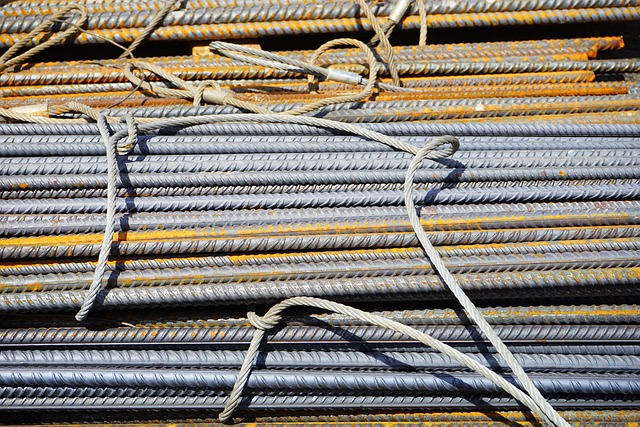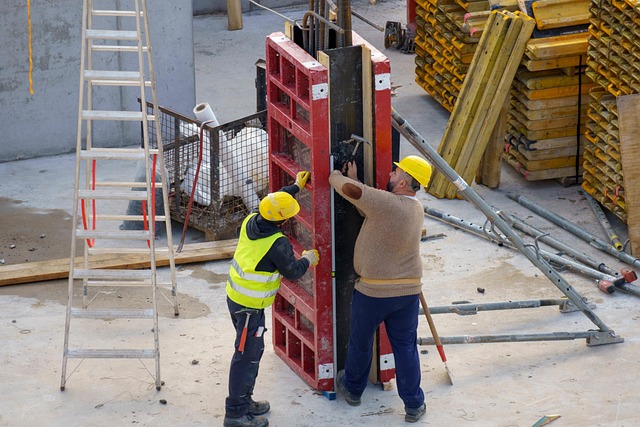Construction lending in Colorado is a dynamic and crucial component of the state's real estate sector, offering specialized financing options for residential, commercial, and industrial projects. Navigated by market fluctuations, regulatory changes, and geographical disparities between urban centers like Denver and rural areas, these loans feature diverse eligibility criteria, interest rates, and repayment terms. Securing a construction loan requires strategic planning, including project feasibility studies, financial planning, detailed proposals, and shopping around for competitive rates from specialized lenders. Prompt document submission and communication are essential for a seamless application process.
“Unleash your building dreams in Colorado with our comprehensive guide to real estate financing, focusing on construction lending. This article is your roadmap through the intricate process of securing construction loans in the state. From understanding the fundamentals of construction lending in Colorado to exploring factors shaping financing options, we demystify each step. Whether you’re a seasoned builder or a first-time developer, learn how to navigate this landscape, secure funding, and turn your real estate vision into reality.”
- Understanding Construction Lending in Colorado: A Comprehensive Overview
- Factors Influencing Real Estate Financing Options in the State
- Navigating the Process: Steps to Secure Construction Loans in Colorado
Understanding Construction Lending in Colorado: A Comprehensive Overview

Construction lending in Colorado plays a pivotal role in shaping the state’s real estate landscape. It involves financing the building or renovation of residential, commercial, and industrial properties. This unique lending category is characterized by its complexity and specialized requirements, reflecting the diverse and dynamic nature of Colorado’s construction industry. Lenders in this sector must navigate various factors, including market fluctuations, regulatory changes, and project-specific risks.
Colorado offers a range of construction loan options tailored to different projects. These include conventional loans, government-backed loans (like FHA or VA), and private lending. Each type has its own set of eligibility criteria, interest rates, and repayment terms. Understanding these variations is crucial for borrowers, as it enables them to secure the most suitable financing for their construction project, ensuring a solid foundation for future real estate endeavors in the vibrant Colorado market.
Factors Influencing Real Estate Financing Options in the State

In Colorado, various factors shape the landscape of real estate financing options, particularly in the realm of construction lending. One significant influencer is the state’s dynamic economic climate, which can see booms and busts across different sectors, affecting the availability and terms of mortgages and construction loans. Additionally, geographical considerations come into play, with urban centers like Denver experiencing higher property values and demand, potentially leading to more stringent lending criteria compared to rural areas.
The local real estate market trends also play a crucial role in construction lending Colorado. Rapid urbanization and population growth can drive up housing prices, impacting the affordability of both residential and commercial projects. Conversely, economic downturns might result in reduced property values and tighter lending standards. Furthermore, regulatory changes at the federal and state levels can significantly influence interest rates, down payment requirements, and loan limits, thereby affecting the overall accessibility and cost of real estate financing in Colorado.
Navigating the Process: Steps to Secure Construction Loans in Colorado

Navigating the complex world of construction lending in Colorado requires a structured approach. The process begins with a thorough understanding of project feasibility and financial planning. Prospective builders should meticulously prepare a detailed proposal outlining construction costs, timelines, and expected returns. This step is crucial as it forms the basis for loan applications and helps lenders assess risk.
Next, borrowers must select the appropriate lender, focusing on those specializing in construction lending Colorado offers. Lenders will evaluate creditworthiness, project plans, and potential collateral. It’s beneficial to shop around for competitive rates and terms. The application process involves submitting required documents, including financial statements and project plans. Promptly addressing any queries from lenders is essential to keep the process moving smoothly towards securing the desired construction loan.
Construction lending in Colorado is a robust and diverse sector, offering various financing options to cater to the state’s booming real estate market. By understanding the key factors influencing these loans, prospective builders and developers can navigate the process effectively. From assessing project feasibility to selecting the right lenders, each step is crucial in securing construction funds. This comprehensive guide has provided an overview of the essential elements, ensuring that those looking to embark on construction projects in Colorado are well-prepared to explore their financing options and unlock the potential of their real estate ventures.
